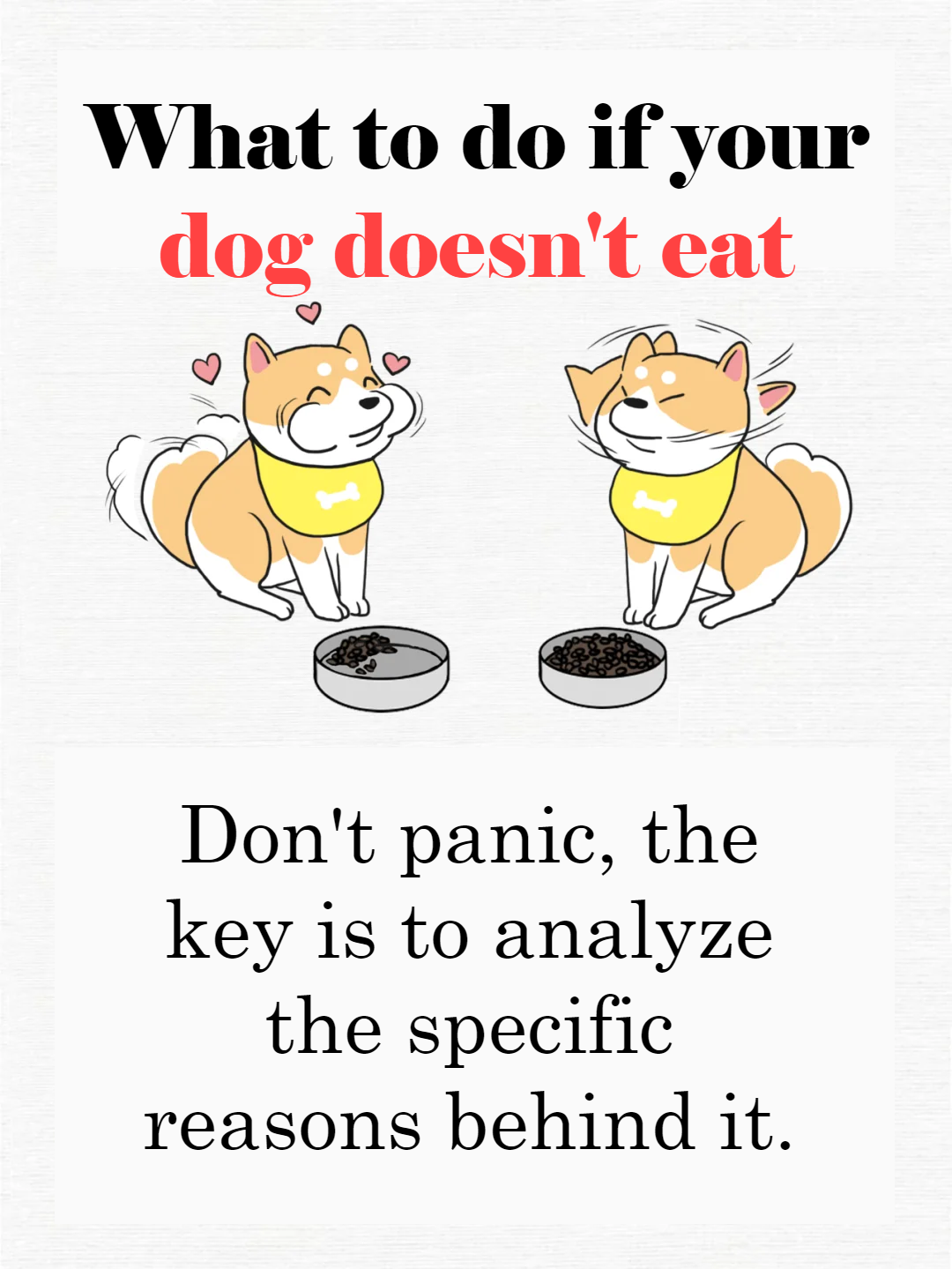### 1. Feeding Reasons
1.1 Overfeeding or spoiled food can damage the dog's stomach and reduce appetite. Make sure to feed them on a regular schedule with appropriate portions.
1.2 Feeding human food not only makes dogs picky eaters but also can harm their health.
1.3 Giving too many treats can make dogs picky.
### 2. Illness
2.1 Infectious Diseases: Diseases like Parvovirus, Canine Distemper, and Coronavirus infections are often seen in puppies and can lead to sudden appetite loss, vomiting, diarrhea, and fever. Keep test strips handy at home for detection and stock specific oral solutions for Parvovirus (Xiaoweiling oral solution) and Canine Distemper (Wendukangda).
2.2 Cold: Conditions like colds, fevers, etc., can decrease a dog's appetite. Always ensure they are warm and keep pediatric cold granules and Banlangen at home.
2.3 Gastrointestinal Diseases: Issues such as gastroenteritis, intestinal obstruction, ingesting foreign objects, or more severe gastrointestinal diseases can lead to appetite loss, lethargy, abdominal pain, vomiting, diarrhea, or even bloody stools. Take your dog to the vet immediately if these symptoms occur.
2.4 Oral and Dental Issues: Discomfort in the mouth or teeth can make chewing and swallowing difficult, affecting appetite. Regular teeth brushing is essential.
2.5 Other Diseases: Conditions like pancreatitis, hepatitis, cholecystitis, and kidney damage can contribute to appetite loss. Regular check-ups are crucial for early detection and treatment.
### 3. Emotional or Psychological Issues
Dogs have rich emotions, so when they are feeling down, stressed, or anxious, their appetite might decrease. Dog owners should interact with their pets frequently, ensuring they get ample exercise and quality time to maintain emotional stability.
### 4. Age
As dogs get older, their digestive systems become more fragile, and their metabolic rates slow down. Reduced physical activity means they need less energy, leading to a decreased appetite. For elderly dogs, focus on their diet, maintain a proper exercise routine, and schedule regular health check-ups to prevent diseases.
### 5. Vaccine or Medication Reactions
After vaccinations, dogs may experience reduced appetite, drowsiness, and low fever. These are normal reactions, but it's essential to monitor their condition. Seek veterinary care if severe reactions occur. Some medications can also affect a dog's appetite, so administer them after meals.
### 6. Weather
Hot weather can decrease a dog's appetite. Ensure they drink plenty of water and consider adding their favorite supplementary food to their dog food to increase appetite.
### 7. Physiological Reasons
7.1 Heat: When dogs are in heat, they can become agitated, leading to decreased appetite. Pregnant dogs may also experience loss of appetite, so it's crucial to provide additional nutrition during this period.
7.2 Teething: At around 3 months old, puppies begin teething, which can make their gums sore and itchy, reducing their appetite. Providing chew toys can help alleviate discomfort. 🦴




